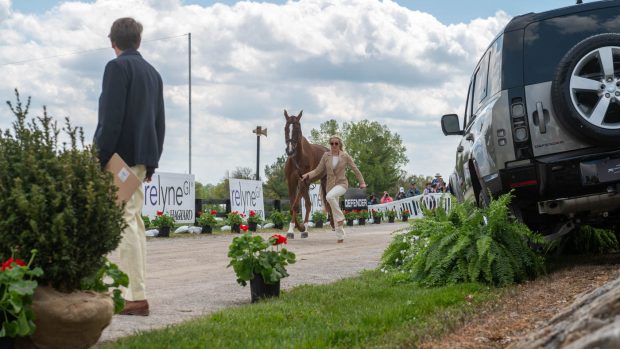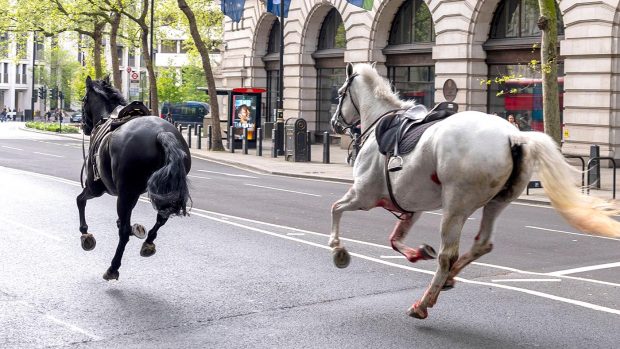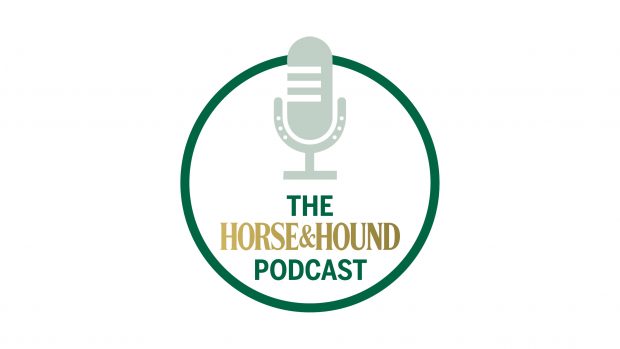Glasgow Sheriff’s Court convict woman of causing unnecessary suffering to a pony after it was found with its headcollar embedded in its skin
Glasgow Sheriff’s Court has convicted a young Scottish woman of causing unnecessary suffering to a young Shetland pony, fined her £350 and banned her from owning horses for three years.
Louise Gillespie, 20 of Bishopbriggs, Glasgow, called the ILPH (International League for the Protection of Horses) in December last year asking for assistance in catching Juno, her three-year-old part-bred Shetland colt.
Adam Fleming , an ILPH field officer said: “When I arrived the pony’s front legs were matted with blood and pus from wounds on its face caused by a nylon headcollar that was embedded in its nose and cheeks.”
Adam called the SSPCA for assistance to help catch the pony. Once caught they found the noseband and cheek pieces of the headcollar embedded in flesh and covered over with skin. The noseband was so tight it was restricting the movement of the pony’s mouth.
Despite a pain-killing injection, the attending vet was unable to remove the headcollar. Instead Juno was taken to the Royal (Dick) School of Veterinary Studies in Edinburgh where it was surgically removed under general anaesthetic.
Professor Dixon MVB PhD MRCVS at the Royal Dick said: “This was the most serious welfare case that I have ever seen in this veterinary college over the past 27 years. The prolonged suffering this animal must have gone through can be evidenced by the extensive degree of bony changes present in the skull.”
After the operation, Juno was placed in the care of the ILPH at Belwade Farm in Aboyne, Aberdeenshire and has since made a good recovery.
Centre manager Eileen Gillen said: “Since his arrival he has really come on. He has had plenty of handling and is very sweet and at timescan be quite cheeky, which is nice because when he first came he was very quiet.”
Juno has now been gelded and stands around 12hh, and although his wounds have healed, he has suffered some scarring and permanent damage to his nasal bone and cavities. Initially, it was thought he might suffer from sensory damage and paralysis of the mouth but he appears to be fine.
Adam Fleming said: “Let this be a warning to people with young horses and ponies kept at grass. They need to be handled regularly and their headcollars adjusted frequently to allow for unrestricted growth. I feel that justice has now been done.”
For more information on the ILPH click here to visit their website.
Read more equine cruelty stories:




